The dream of exploration often crashes against the harsh reality of limited funds. Yet across the globe, determined travelers prove daily that epic journeys remain possible with minimal financial resources.
The secret lies in approaching travel differently—prioritizing experiences over comforts, connections over conveniences, and creativity over consumption. With strategic planning and an open mindset, seeing the world becomes less about wealth and more about the willingness to step outside conventional tourism patterns.
The modern budget traveler has more tools and opportunities than ever before. Here are 20 approaches that allow almost anyone to experience the transformative power of travel regardless of their bank account balance.
Volunteer Exchanges

Trading skills and time for accommodation have become increasingly formalized through platforms connecting travelers with hosts worldwide. Organizations like WWOOF (World Wide Opportunities on Organic Farms) provide room and board in exchange for 4–6 hours of daily work on sustainable farms.
Similar programs exist for language teaching, childcare, hostel help, and construction projects. These arrangements typically include cultural immersion opportunities rarely available to traditional tourists.
Many volunteers forge deep connections with host families that lead to return visits and ongoing relationships.
House Sitting

Looking after someone’s home while they travel provides free accommodation in locations worldwide. Trusted house sitters mind pets, water plants, collect mail, and maintain security, allowing homeowners to travel with peace of mind.
Building a strong profile with positive reviews opens doors to increasingly desirable house-sitting opportunities. Many experienced sitters chain together consecutive assignments, allowing them to live rent-free for months while exploring different regions.
The arrangement often includes the use of vehicles and utilities, dramatically reducing travel costs.
Hospitality Exchange Networks

Digital platforms have formalized the ancient practice of offering shelter to travelers. Communities like Couchsurfing connect millions of members willing to host visitors on spare couches, guest rooms, or floor space.
These arrangements go beyond free accommodation, often including local guidance, shared meals, and cultural insights unavailable to traditional tourists. Successful participation requires a genuine interest in cultural exchange rather than merely seeking free lodging.
Many longtime users report that the connections formed become more valuable than the money saved.
Like Travel Pug’s content? Follow us on MSN.
Slow Travel

Embracing longer stays in fewer locations dramatically reduces transportation costs while providing deeper local experiences. Spending weeks or months in one place allows travelers to discover free activities, negotiate longer-term accommodation discounts, and develop relationships with locals who share insider knowledge.
This approach transforms the travel experience from a rushed checklist of attractions to a more authentic immersion that reveals hidden aspects of a destination. Many slow travelers report spending less per month abroad than they would at home.
Wild Camping
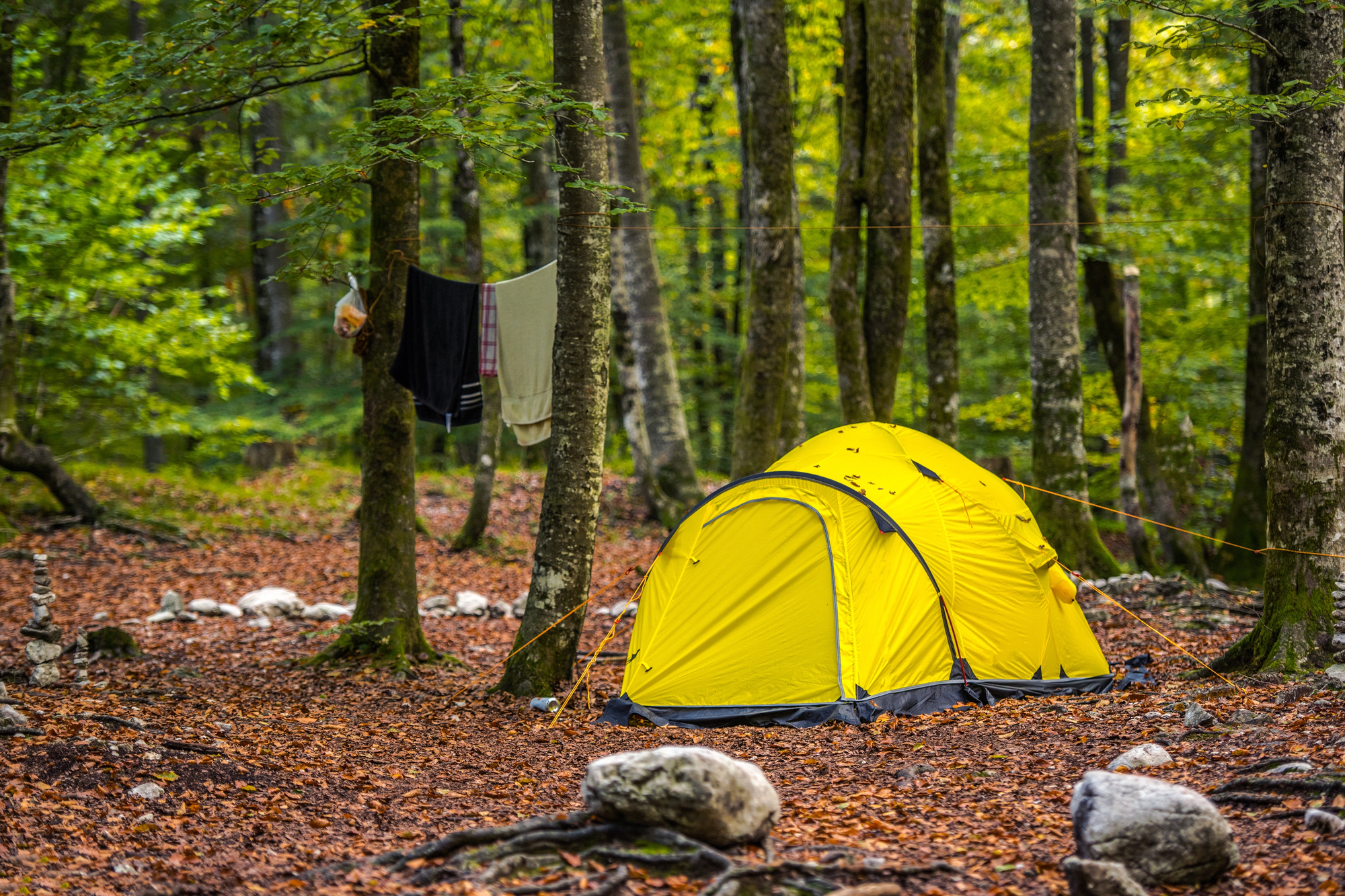
In countries with favorable regulations, camping on public lands offers accommodation surrounded by natural beauty at minimal cost. Scandinavia’s “freedom to roam” laws permit responsible camping almost anywhere, while New Zealand, Canada, and Scotland offer similar opportunities with some restrictions.
Investing in quality lightweight gear provides years of nearly free accommodation options. Modern apps help identify safe locations and connect travelers with private landowners who permit camping. Responsible practitioners follow leave-no-trace principles to preserve these opportunities for future travelers.
Food Strategies
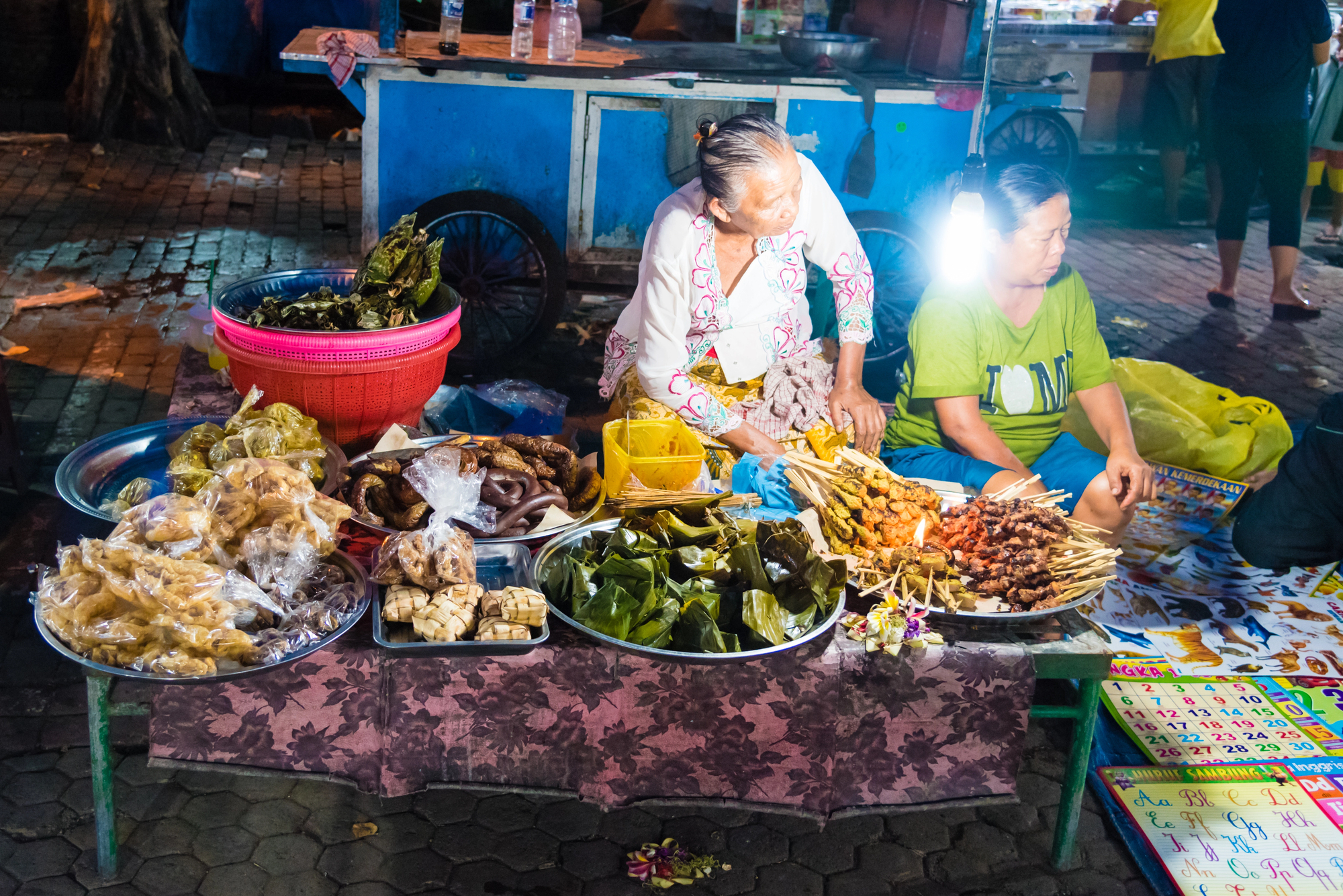
Eating like a local rather than a tourist can reduce food expenses by 70-80% in many destinations. Shopping at markets, preparing simple meals in hostel kitchens, and learning which street foods offer safe, nutritious options transform food from a major expense to a cultural exploration opportunity.
In many countries, local restaurant workers happily direct budget travelers to neighborhood eateries where prices reflect what residents—not tourists—can afford. Carrying reusable water bottles with filtration systems eliminates another significant ongoing expense in many regions.
Like Travel Pug’s content? Follow us on MSN.
Transportation Hacking

Strategic approaches to movement between destinations dramatically reduce travel costs. Embracing night buses and trains combines transportation with accommodation, while ridesharing platforms connect travelers with drivers making long journeys.
In Europe and parts of Asia, ultra-budget airlines sometimes offer promotional fares lower than the cost of a simple meal. Careful monitoring of fare comparison websites and error fare alerts occasionally yields international flights at 80-90% below standard prices.
Patient travelers willing to embrace indirect routes often enjoy dramatic savings.
Working Holiday Visas
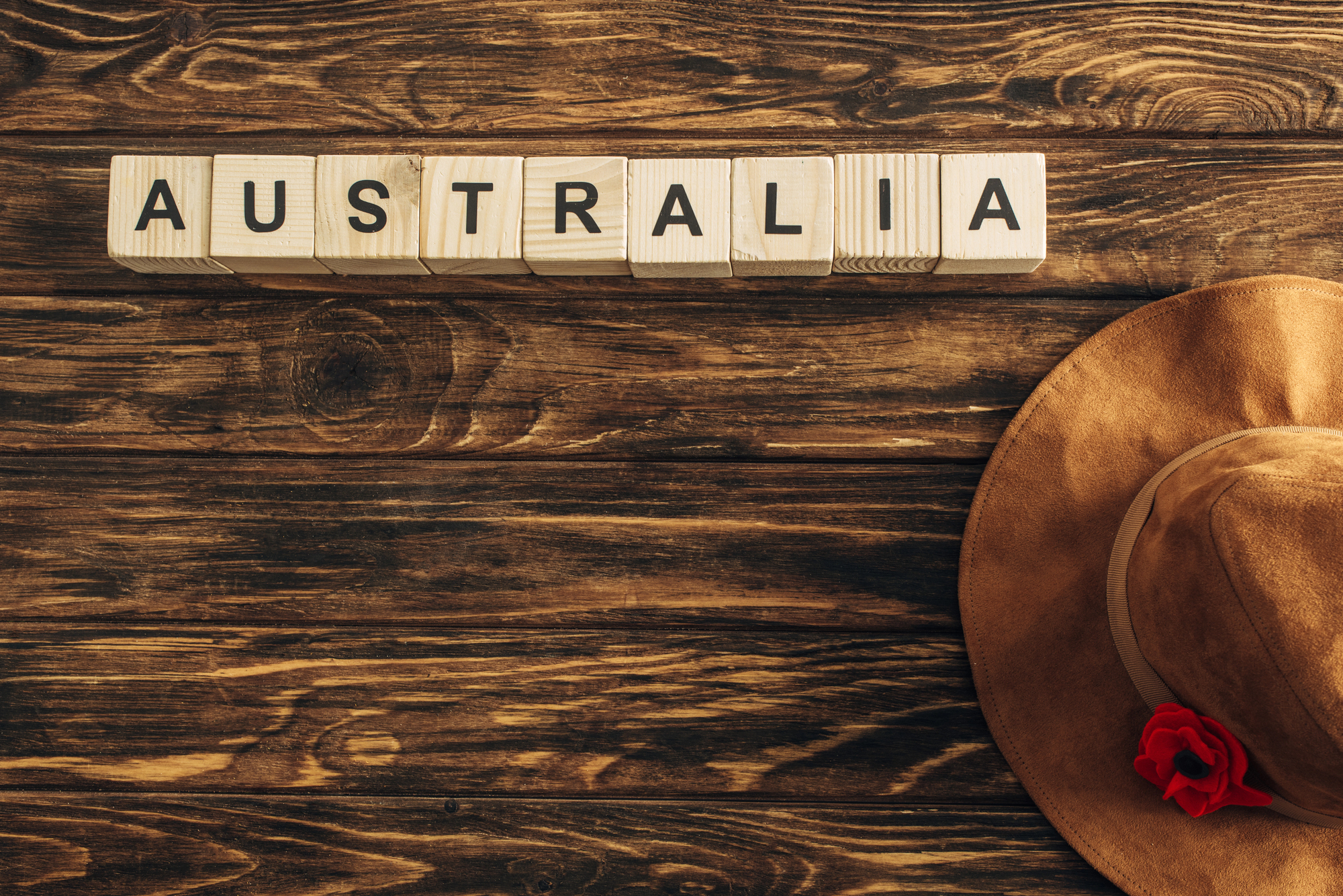
Many countries offer special visas allowing travelers under 30 (sometimes 35) to work legally while exploring. These programs typically permit stays of 12–24 months, with the freedom to take temporary jobs that fund ongoing travel.
Popular destinations include Australia, New Zealand, Canada, and Ireland, with opportunities ranging from fruit picking to hospitality work. Many participants report being able to save significant amounts while working in countries with strong currencies before traveling to more affordable regions.
The experience often provides valuable international work credentials alongside travel opportunities.
Repositioning Cruises

Twice a year, cruise companies relocate their fleets between seasonal markets like Alaska and the Caribbean. These one-way journeys often sell at steep discounts, sometimes offering two-week ocean crossings with accommodation, transportation, and all meals for less than $50 per day.
While requiring flexibility and planning, these opportunities provide comfortable long-distance transportation for travelers moving between continents. The primarily older passenger demographic often creates a relaxed, socializing-friendly environment different from typical cruise experiences.
Like Travel Pug’s content? Follow us on MSN.
Teaching English

Demand for native English speakers creates opportunities for long-term budget travel combined with income. Formal positions in countries like South Korea, Japan, and the UAE often include airfare, accommodation, and salaries sufficient for substantial savings.
Less formal arrangements in countries like Vietnam, Cambodia, and parts of Latin America might provide more modest compensation but permit greater travel flexibility. Online English teaching platforms now allow digital nomads to earn while maintaining location independence.
Even without certification, native speakers can often find informal language exchange arrangements that reduce costs.
Loyalty Programs

Strategic use of credit card points, airline miles, and hotel loyalty programs can yield nearly free flights and accommodation for disciplined practitioners. Travel reward credit cards sometimes offer signup bonuses worth multiple long-haul flights or weeks of hotel stays.
Regular travelers consolidate all possible expenses on optimized cards, paying balances in full to avoid interest while accumulating valuable points. Advanced practitioners leverage transfer partners, sweet spots in award charts, and promotional opportunities to multiply the value of their points through careful redemption strategies.
Home Exchange

Trading homes with fellow travelers eliminates accommodation costs while providing authentic local living experiences. Established platforms verify members and facilitate connections between compatible exchangers, with popular destinations including major European cities, coastal areas, and mountain regions.
Unlike commercial accommodation, home exchanges often include the use of vehicles, sporting equipment, and insider recommendations. Successful exchangers typically maintain flexibility on dates while focusing on the experience rather than expecting exact equivalence in property values or amenities.
Like Travel Pug’s content? Follow us on MSN.
Seasonal Work

Following harvest seasons, tourist flows, or festival circuits provide opportunities to fund travel through temporary employment. Fruit picking in Australia, summer tourism work in Alaska, winter resort jobs in the Alps, and yacht crewing in the Mediterranean allow travelers to earn while experiencing desirable destinations.
These positions often include accommodation and sometimes meals, allowing nearly all earnings to fund subsequent travel. The seasonal nature of the work creates natural breaking points for exploration between employment periods.
Creative Solutions

Artists, musicians, writers, and performers find unique opportunities to fund travel through their talents. Street performers in tourist areas sometimes earn enough in a few hours to cover daily expenses, while traveling artists arrange exhibitions or workshops in different locations.
Musicians secure gigs at venues catering to international travelers, often receiving meals and accommodation alongside modest payment. Digital content creators document their journeys through blogs, videos, or photography, eventually generating income through sponsorships, affiliate marketing, or direct audience support.
Religious Hospitality

Religious institutions across different faith traditions often provide accommodation for travelers. Buddhist temples in Japan offer simple lodging for nominal donations, while Christian monasteries throughout Europe welcome respectful visitors seeking tranquility.
The ancient Muslim tradition of hospitality makes mosque-adjacent accommodation available in many countries. Hindu ashrams in India provide opportunities for extended stays at minimal cost for those interested in spiritual practices.
These options typically require respect for local customs and sometimes participation in community activities.
Like Travel Pug’s content? Follow us on MSN.
Strategic Destinations
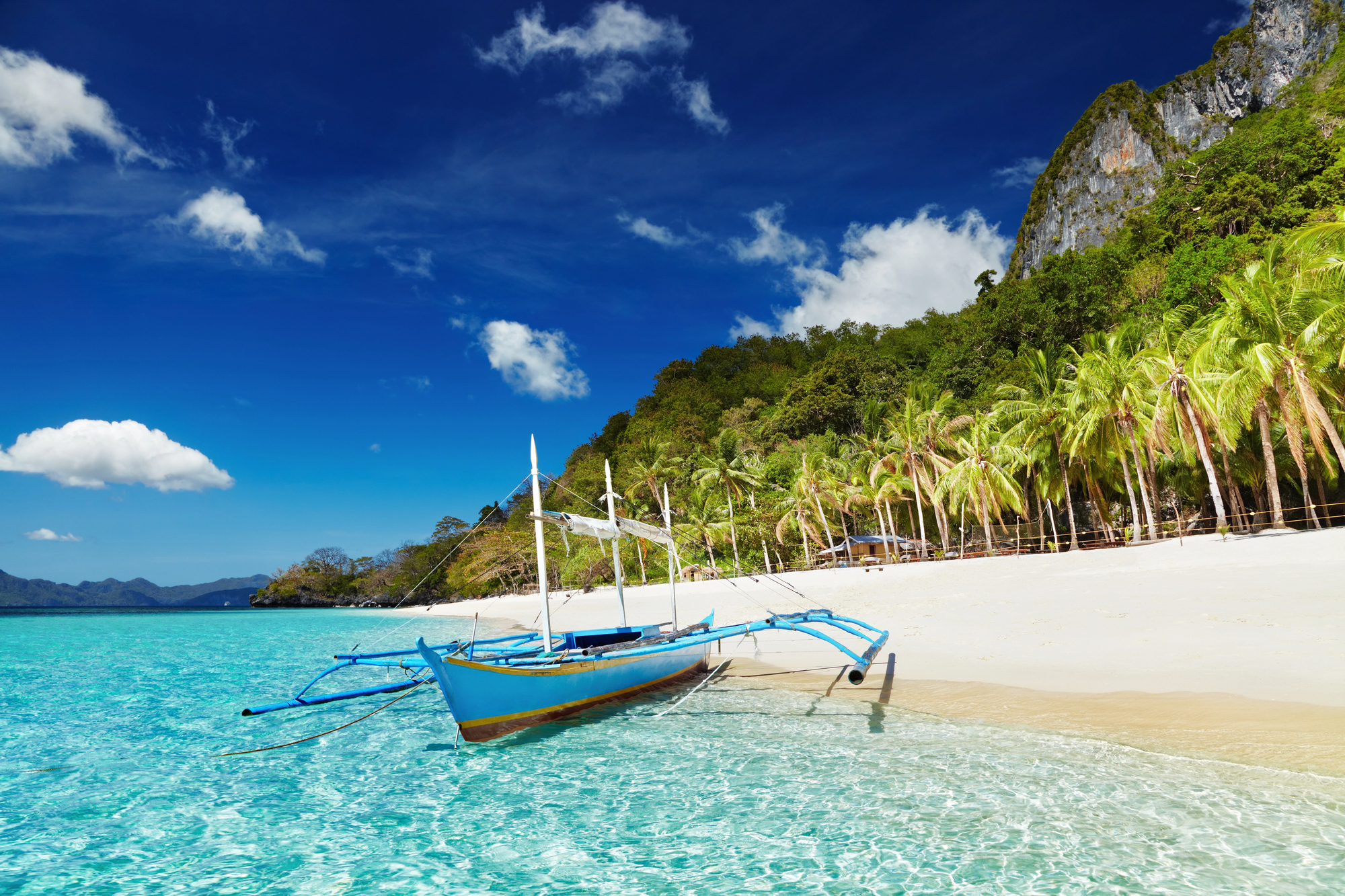
Focusing travel on countries with favorable cost structures allows budget travelers to live comfortably on minimal funds. Regions like Southeast Asia, parts of Latin America, and the Balkans offer rich cultural experiences at a fraction of Western prices.
In countries like Vietnam, Cambodia, and Bolivia, comfortable private rooms often cost under $10, while nutritious local meals might be $1–2. Extended stays in these regions allow travelers to build savings for briefer visits to more expensive destinations.
Many experienced budget travelers alternate between high and low-cost countries to extend their journeys.
Skill Trading

Offering services in exchange for travel necessities creates opportunities beyond formal volunteer programs. Travelers with website development skills often update small accommodation providers’ online presence in exchange for free stays.
Those with construction, plumbing, or electrical knowledge find welcome receptions at hostels needing repairs. Teaching yoga, leading informal language practice, or offering massage therapy provides value readily exchanged for necessities—the key lies in confidently yet humbly presenting skills that address genuine local needs.
House Sweeping

A growing trend involves caring for vacant properties between selling and new ownership or during extended vacations. Unlike formal house sitting, these arrangements typically focus more on maintaining property appearance and security than pet care.
Real estate companies increasingly contract with trusted travelers to maintain recently sold properties until new owners take possession. The arrangements sometimes last for extended periods when legal or construction delays affect occupancy, providing stable accommodation for patient travelers.
Like Travel Pug’s content? Follow us on MSN.
Digital Nomad Opportunities
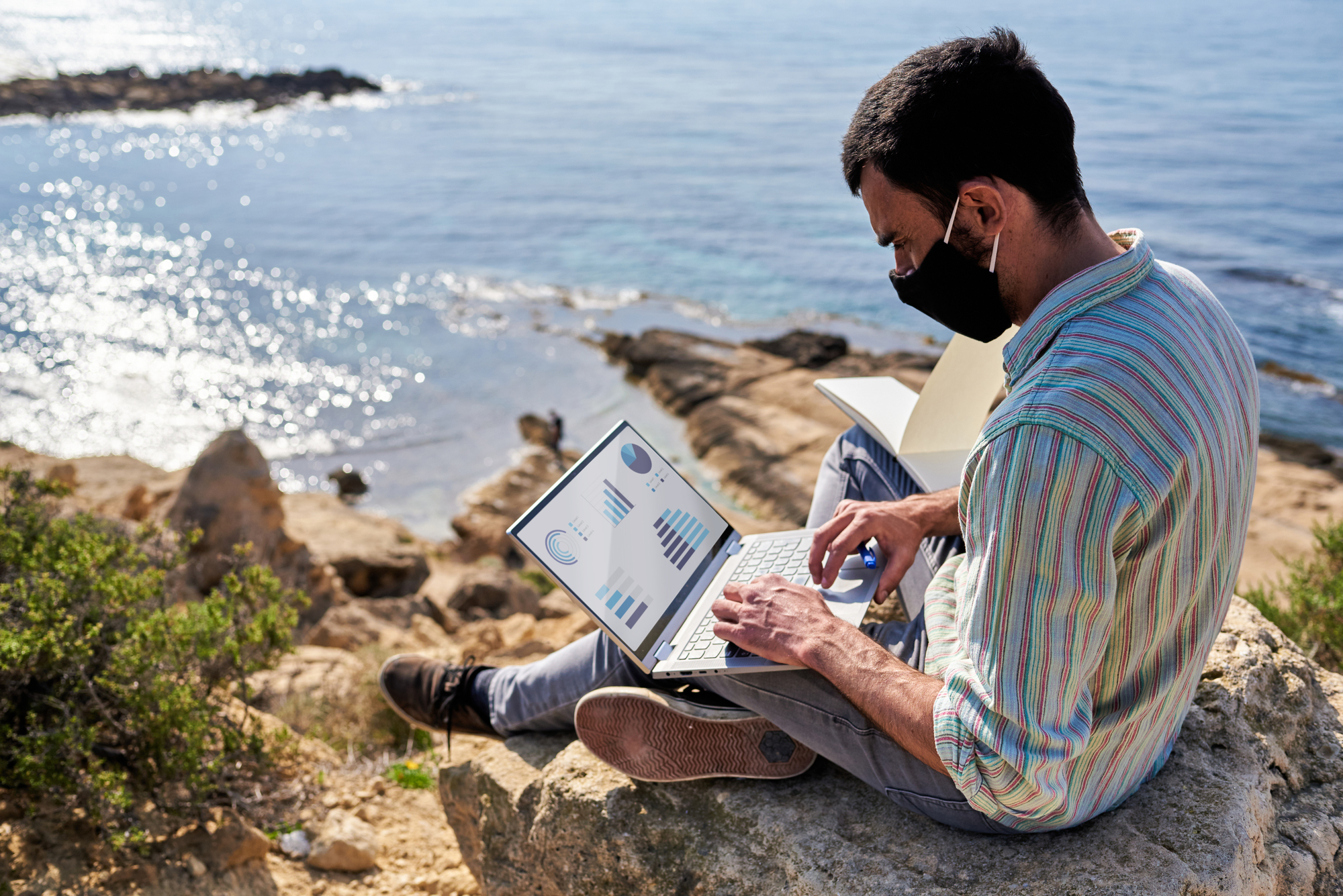
Remote work capabilities have transformed budget travel possibilities. Even modest online incomes from virtual assistance, data entry, transcription, or content creation can fund comfortable travel in affordable countries.
Digital nomad communities in places like Chiang Mai, Thailand, Medellín, Colombia, and Ubud, Indonesia, provide supportive environments with reliable internet, coworking spaces, and like-minded travelers. This approach blends work and travel into a sustainable lifestyle rather than a temporary adventure with a fixed endpoint.
Sponsor Quests

Creative travelers increasingly fund journeys through sponsorship of meaningful challenges or quests. Examples include walking across continents for charitable causes, traveling using only human-powered transportation to highlight environmental concerns, or visiting specific types of locations to document disappearing cultural practices.
When aligned with genuine passions and presented authentically, these journeys sometimes attract equipment donations, accommodation sponsorships, or crowdfunding support. Successful practitioners typically combine compelling storytelling with genuine purpose beyond mere travel.
The Richness of Simple Travel

These approaches share common themes of flexibility, patience, and valuing experiences over conveniences. Budget travelers consistently report that their financial limitations led to more authentic connections and memorable adventures than conventional tourism could provide.
The skills developed—resourcefulness, adaptability, and cross-cultural communication—often prove valuable long after the journey ends. Perhaps most importantly, those who master nearly free travel discover a profound truth: the world becomes accessible not when you have unlimited resources, but when you learn to see opportunities where others see obstacles.
More from Travel Pug

- Cities Growing so Fast You Won’t Recognize Them in 10 Years
- 13 Destinations Where Tourists Regularly Regret Their Trip
- 16 U.S. Cities That Are Quietly Becoming Travel Hotspots
- Where to Travel If You Love Long Bus Rides and Daydreams
- 20 Cities Perfect for Solo Travelers Who Crave Adventure & Culture
Like Travel Pug’s content? Follow us on MSN.
